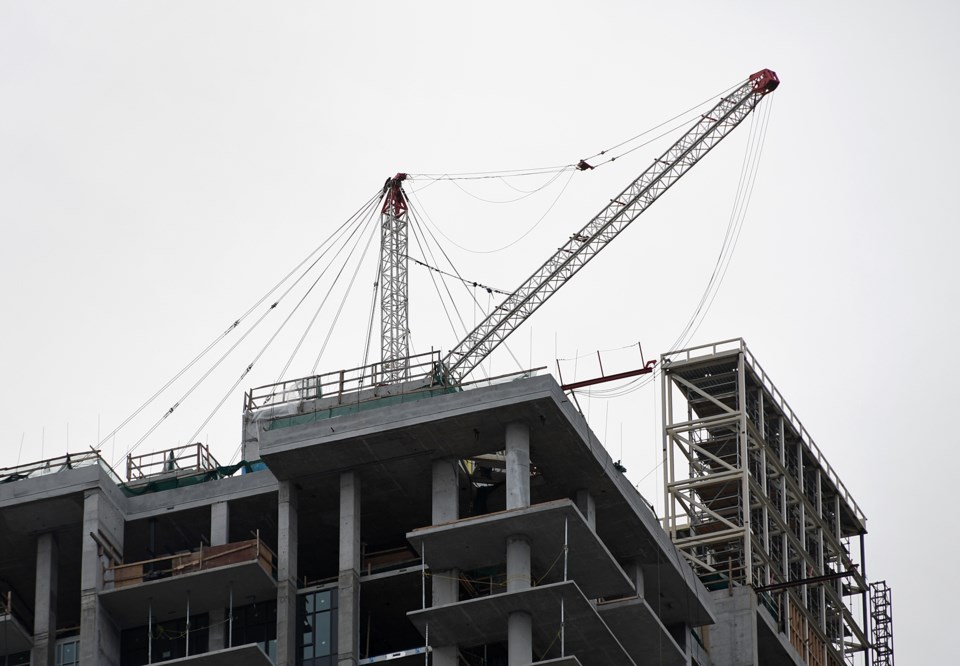The union representing hundreds of crane operators across sa国际传媒 is calling for industry wide mandatory certification after two crane incidents in the past four days.
“We don’t know the exact cause of these incidents, but we do know in an industry with no real regulation, mandatory training or contractor licensing, these incidents keep happening. We’re glad no one was seriously hurt or killed. Today was a disruption; tomorrow it could be deadly,” says Brian Cochrane, IUOE Local 115 business manager.
The push comes on the corner of 105 Ave. and King George Blvd. in Surrey and where a crane collapsed on a site in Burnaby, causing the closure of part of Lougheed Hwy.
Cochrane says the IUOE Local 115 responds on behalf of the industry anytime there is a crane incident and they have been advocating for provincial training and certification of crane operation for more than two decades.
“When the Tower Crane collapsed in Kelowna on July 12, 2021, killing five workers, that should have been the trigger for sa国际传媒 to be the leader in Tower Crane Safety across sa国际传媒, and we aren’t,” says Josh Towsley IUOE Local 115 assistant business manager. “Two incidents in four days is a clear demonstration that we need stronger regulations in our industry.”
The union is calling for the government to action its immediate and urgent recommendations for government and industry:
- Recognize tower crane operation and rigging as a compulsory trade and require training and certification for all crane workers in sa国际传媒
- Ensure provincial training and certification of crane operation and rigging personnel meets the recognized highest standards in sa国际传媒 (BC needs to be a leader!)
- Mandatory licensing of contractors who work in the assembly, climbing, repositioning, and disassembly of tower cranes.
- Develop minimum levels of training for workers who work in the assembly, climbing, repositioning or disassembly of tower cranes.
“These two incidents should be a wakeup call for the industry and government. The sa国际传媒 Liberals tried to deregulate the industry a long time ago, and despite our best efforts to make improvements to safety, the legislation does not have enough teeth,” Towsley says.

